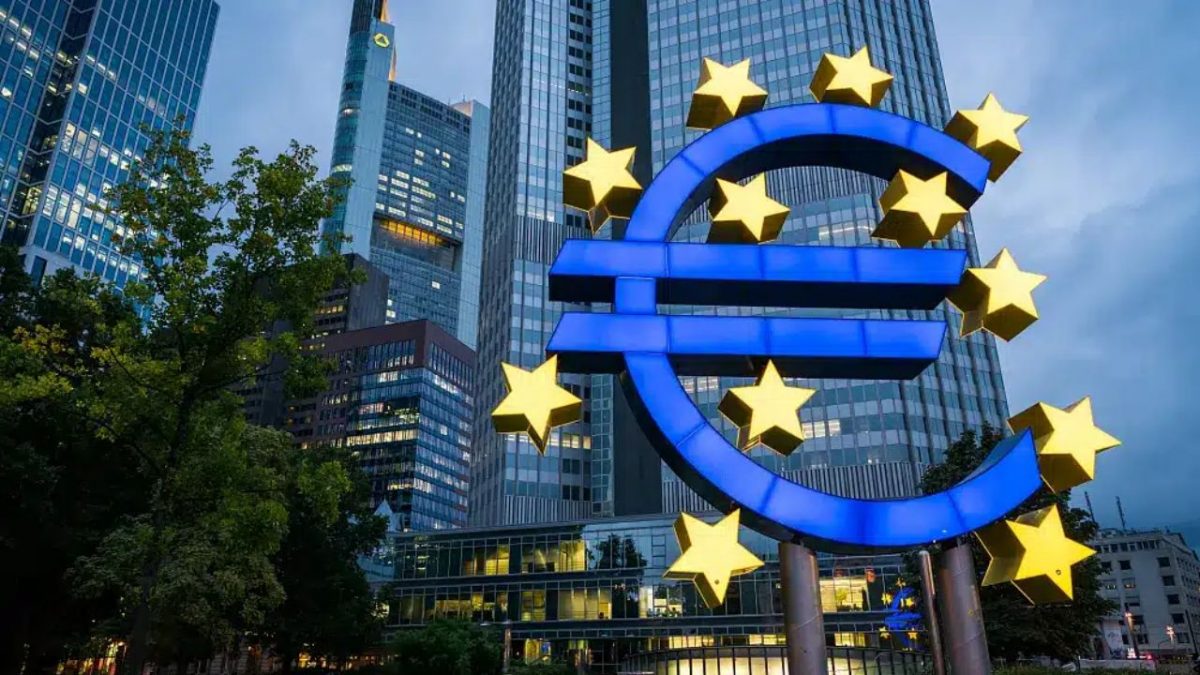Bulgaria is all set to join the euro zone next year, becoming its 21st member as European Union (EU) finance ministers meet on Tuesday (July 8) to approve the accession.
Policymakers in Sofia have been aspiring to join the club since 2007 when Bulgaria officially became a member of the EU.
In June, the European Central Bank (ECB) and the European Commission said the nation met all formal requirements to join the eurozone. Notably, as part of EU rules, a member nation is required to join the eurozone once it meets all requirements.
Trump effect?
The move is in line with ECB President Christine Lagarde’s efforts to raise the global standing of the currency’s global reputation, especially in the wake of a weakening American dollar.
Experts believe US President Donald Trump’s reckless trade policies are leading to the weakening of the US Dollar, as it was off to its worst start of a year in half a century.
The European Parliament will first greenlight Bulgaria’s accession into the euro zone and then the proposal will be sent to finance ministers.
Once it joins the EU currency regime, Bulgaria will bid adieu to its currency board arrangement that nearly three decades ago fixed the Bulgarian lev to the Deutsche mark and later the euro.
The board was specially tailored to end hyperinflation and debt turmoil that ensued as Bulgaria transitioned from Soviet-style regulation to a market economy in the 1990s.
Impact Shorts
More ShortsWhile the government remains ambitious and hopeful to raising living standards in the EU’s poorest nation, many look askance upon the accession into the EU’s currency system, fearing it may lead to inflation.
Last week, thousands of demonstrators hit the streets, protesting the decision to ditch the lev.
These protestors derive inspiration from nations like Poland, the Czech Republic and Hungary, who despite being EU member states, have refrained from opting for the EU currency regime in a bid to retain monetary independence.
Meanwhile, Bulgaria central bank governor Dimitar Radev will now become a member of the ECB’s rate-setting Governing Council.


)

)
)
)
)
)
)
)
)



